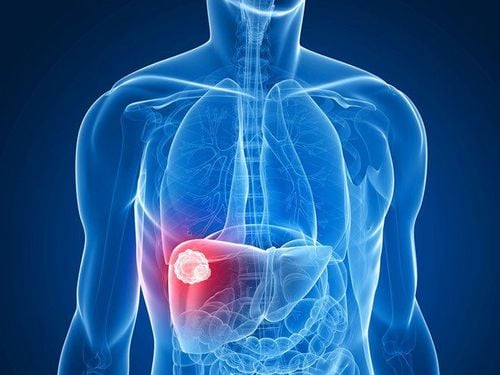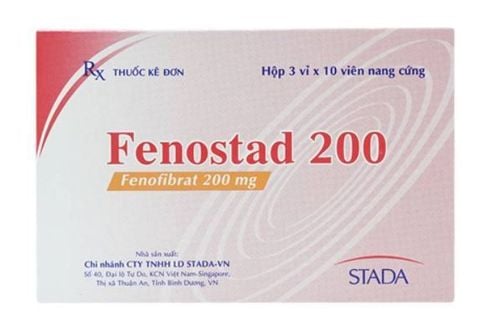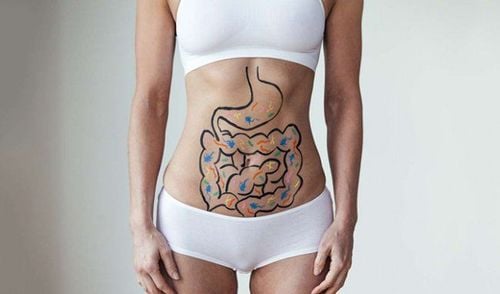This is an automatically translated article.
Low-carb diets have long been known to help lose weight effectively, distribute fat more harmoniously as well as reduce the amount of medication needed. What's more, a recent study found that a short-term low-carb diet can help patients with type 2 diabetes go into better remission.
1. Research content on low-carb diets for people with type 2 diabetes
This study, published Wednesday in the journal The BMJ, shows that strict adherence to a low-carb diet for 6 months leads to a much higher rate of remission than people with type 2 diabetes. 2 remaining.
Low carb diets are often difficult to follow in the long run, and the benefits from this diet usually fade after 1 year. While these studies highlight the significant benefits of a low-carb diet in the short term, more research is needed to better understand the long-term effects on weight loss, blood sugar, and quality of life. life.
Low carb diets are said to help with higher remission rates. This is because people with type 2 diabetes are intolerant of carbohydrates. When they eat too much, it can spike their blood sugar and lead to higher doses of insulin or diabetes medications.
To better understand the effects of a low-carb diet, researchers analyzed data from 23 clinical trials that involved 1,357 patients with type 2 diabetes. Participants were asked to adhere to a low-carb diet or a very low-carb diet for at least 12 weeks. A low-carb diet has 26% of daily calories coming from carbohydrates. Very low carb diet, 10% of daily calories are from carbohydrates.
After 6 and 12 months, patients were re-evaluated for health status, mental health, blood sugar levels, effectiveness of weight loss, quality of life, and adverse health effects. The researchers found that patients on a low-carb diet had a higher rate of disease remission after 6 months than those who did not strictly adhere to the low-carb diet. In a comparison with other diets, a low-carb diet was found to increase diabetes remission rates by 32%.
People who follow a low-carb diet also lose weight, have lower body fat levels, and reduce drug use.
Dr. Minisha Sood, Endocrinologist at Lenox Hill Hospital - New York, says she often recommends that type 2 diabetics follow a low-carb diet. Over time, she says, the benefits from dieting in non-adherents will diminish. However, in patients who are able to persist and continue this nutritional approach, its benefits are long-lasting.
One thing to know is that people with type 2 diabetes are carbohydrate intolerant. As their carbohydrate intake went down, the burden their bodies had to bear with having to overproduce insulin to deal with those carbohydrates also went down. Reducing your carb intake can help improve blood sugar levels along with other problems associated with carbohydrate intolerance or insulin resistance.
2. What to know before changing to a low-carb diet
There is no one-size-fits-all diet, and extreme diets often cause people to give up on the diet. Dr. Sood often advises patients to start with a one-time meal. For example, starting with the last dinner, aim to cut your carb intake by about 50% by swapping unhealthy, starchy carbohydrates for healthier sources like whole grains or beans. strong. Then breakfast, lunch and snacks. Recommend non-starchy vegetables and low glycemic index fruits like berries, healthy nuts like quinoa, sweet potatoes, brown rice and lentils are also good sources of carbohydrates.
Avoid sweets and processed foods. Healthy fats, such as nuts, avocados, guacamole, hummus and olives should be included. Unsweetened dairy products and protein-rich packaged foods such as eggs, cheese, poultry and fish are also recommended. The patient will feel more energetic after 2 weeks, may or may not lose weight, but the mood is better, the general health is also better.
3. Food diary helps in the right direction
Consult a doctor or specialist When starting a low carb diet, the patient should consult a doctor or a reputable specialist specializing in diabetes and nutrition. It is very important to monitor blood sugar and be monitored by a specialist to adjust medication at the right time. According to experts, if you do not have enough knowledge and clear instructions, patients should not self-diet.
Not all carbs have the same effect on blood sugar. Instead of choosing a restrictive diet, aim for a healthy and balanced low carb, high fiber diet. Due to major dietary changes, patients are at high risk for nutritional deficiencies. Therefore, patients need to be supported in planning a suitable, varied diet that is suitable for their eating preferences, lifestyle, culture and food habits.
Besides, in addition to building a scientific diet, periodic health checks help people with diabetes have a treatment plan to achieve optimal results. Currently, Vinmec International General Hospital deploys many examination packages suitable for each stage of the disease and the individual needs of customers with a reasonable price policy. Therefore, when there are any health problems, customers can contact the hospital to be examined and consulted by a team of doctors and experts with many years of experience in the profession.
Please dial HOTLINE for more information or register for an appointment HERE. Download MyVinmec app to make appointments faster and to manage your bookings easily.
Reference source: healthline.com












